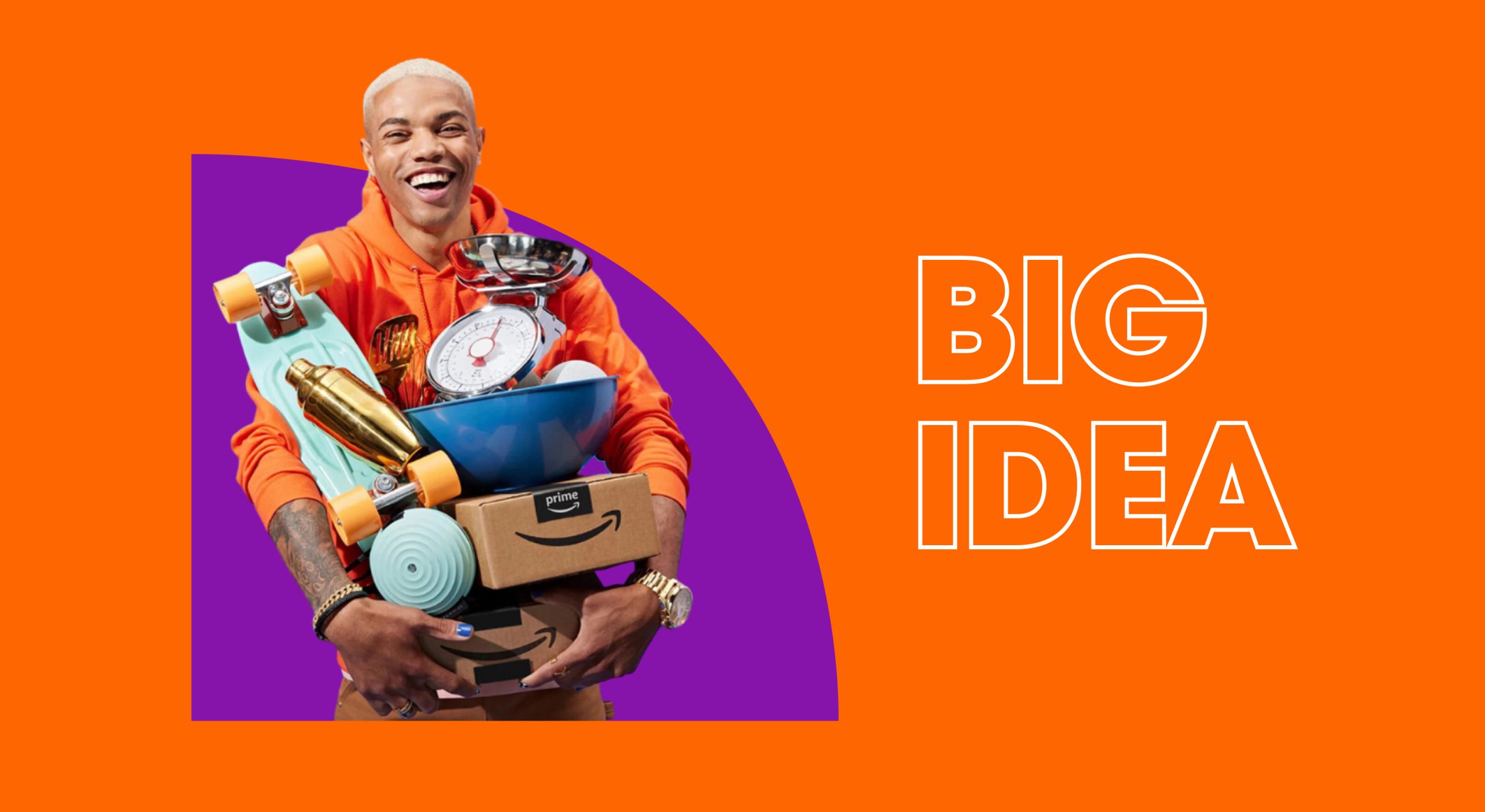We loved how our very first Brand Deep Dive issue was received the other week. And yes, we’re still hearing you out—if you loved it, then here’s another one for you.
Want your product to be featured next? Hit the reply button! ✉️
- A new player distinguishes itself in the kitchen glassware industry 🍷
- Cut your influencer outreach time to zero ⏱️
- What can you learn from Kitchables? ✍️
- How to come up with a good product? 👀

SCRATCHING THE SURFACE
How a new player distinguished itself in the kitchen glassware industry

Remembered how the Dalgona coffee-making craze went viral on TikTok in 2020? While everyone wanted to master the art of making coffee at home, many also noticed the glasses that weren't like the normal, colorful mugs lying around in your kitchen. The glassware used in the videos gave that aesthetic TikTok-worthy oomph.
Start-up brand, Kitchables, banked on this popularity back in 2020 and started making their name in the glassware and drinkware category. Their line includes durable and minimalist tea cups, double-walled coffee glass mugs, and wine glasses.
What sets them apart?
Their affordable yet stylish mugs are their main stars. Who would’ve thought that something minimalist would make its way into the best sellers, even becoming the product the face of Kitchables?
They certainly know their target audience well—but how did they do that?
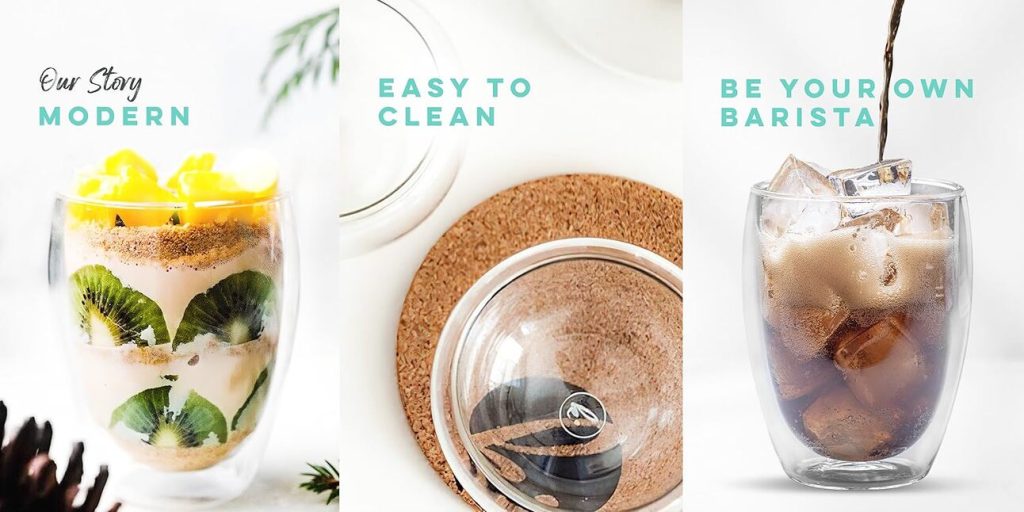
- They use a minimalist style in their branding and marketing materials. You’ll see light colors in their product photos, storefront, and ads—nothing too flashy!
- They’re consistent with the use of their branding, increasing brand awareness. Whatever material you see on their Amazon store, they also use it on their Instagram page.
- They make high-quality products. Although they aren’t selling in a saturated market, this category is highly competitive. Beyond style, their audience is looking for something durable and functional—which Kitchables gives them.

TOGETHER WITH INSENSE
Want to cut your influencer outreach time to zero?
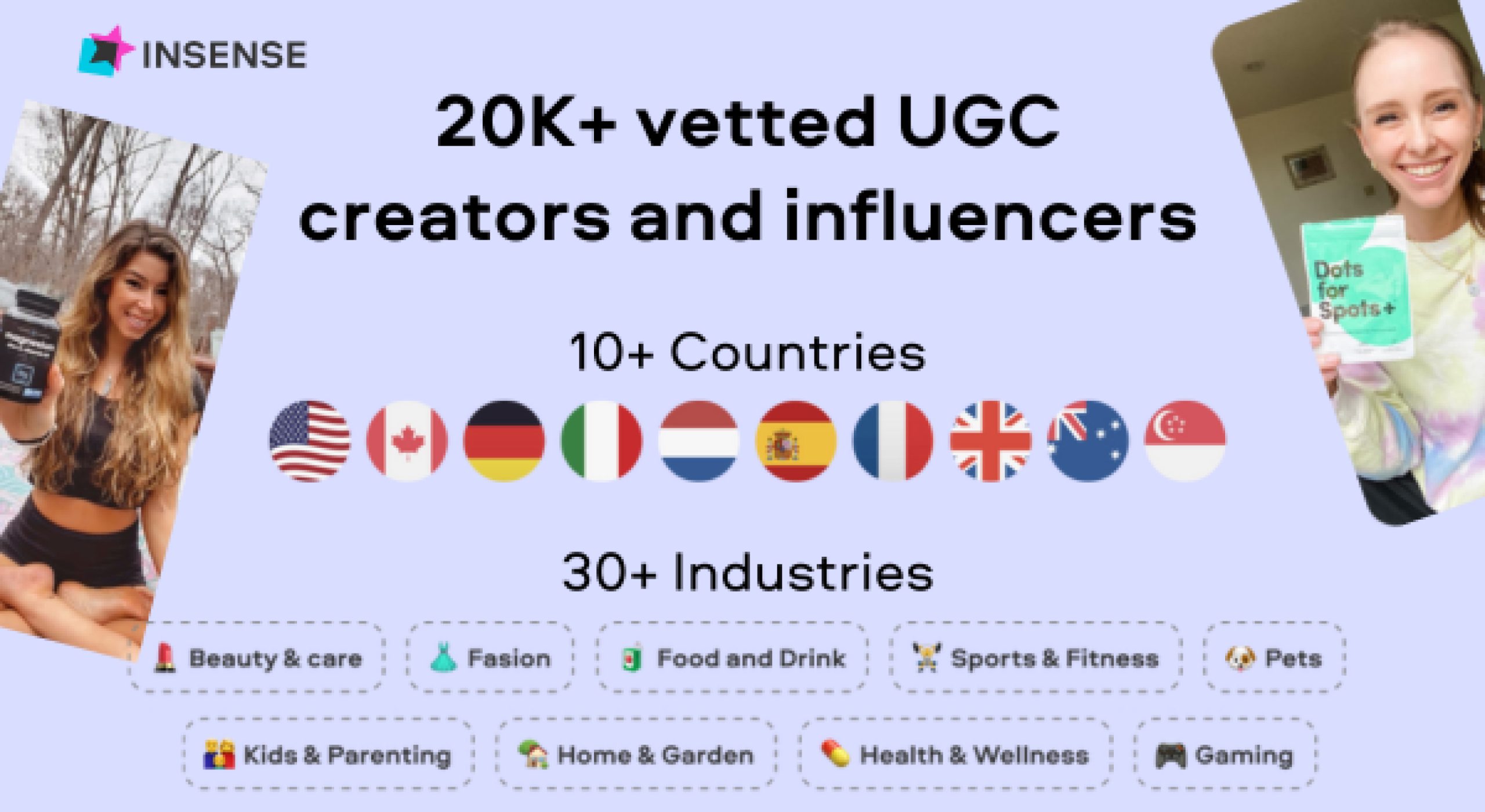
Tired of wasting hours on influencers who don’t respond to your DMs or emails? Want to ditch the clumsy campaign spreadsheets?
You need Insense.
Insense is the end-to-end solution for UGC and influencer marketing campaigns, trusted by 1,700+ DTC brands and agencies, including:
- WaveBlock - generates 300+ UGC assets per month for TikTok and Instagram
- Any Age Activewear - got matched with 50+ year-old creators within 2 days and received 50+ UGC assets within 2 weeks
- Easy A Media - Ran product seeding campaigns for various brands in different niches, which generated 100+ UGC assets within 2 weeks
It gets even better—Insense can also provide you with a dedicated platform manager to scale your UGC production and influencer campaigns, saving 40+ hours each month.
Book a free strategy call by June 14 and get $200 for your first campaign!

DIVING DEEPER
What can you learn from Kitchables?
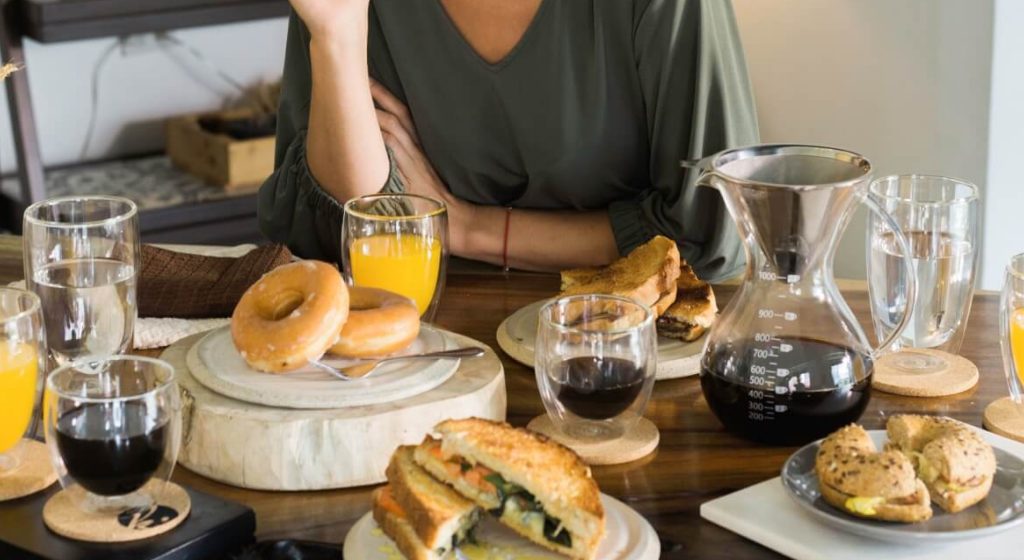
Have a great product first before anything else.
In our last Brand Deep Dive, we emphasized how important it is to identify your product’s unique selling point (USP) and leverage it. But this time, we’re going back to the basics.
In an unsaturated market with low competition, a great product is your best weapon. Kitchables was able to penetrate the market because of its products, particularly the high money-generating double-walled mugs.
The mug is trendy, minimalist, and functional—features that make a good product. Their double-walled mugs are made from grade AA borosilicate glass, which keeps drinks hot or cold for a long time. It’s also scratch-proof and durable, promising long-term use for years to come.
Long story short, Kitchables banked on one thing: quality.
You can be the next Kitchables by:
- Developing a good product and looking for a reputable manufacturer or supplier to produce it;
- Not skimping on materials, especially if you can use the quality of the product as your USP;
- Compounding a good product with an equally good marketing strategy; and
- Being consistent with your branding across all of your platforms.

SUCCESS BLUEPRINT
How to come up with a good product
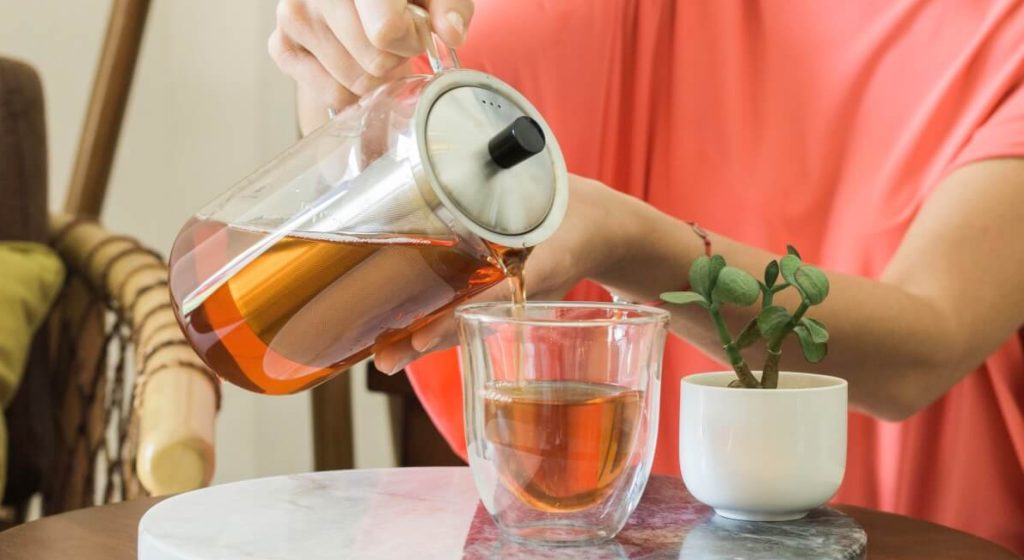
As we said for this Brand Deep Dive issue, ecommerce success starts with a good product. Of course, we’re not gonna leave you hanging, so here’s how you can come up with a product to sell on Amazon:
1. Scope out the scene: Before you dive into product development, take some time to snoop around. Check out what's hot, what's not, and where there might be some gaps in the market. Tools like Jungle Scout or just a good ol' Amazon search can help you spot trends and competition.
- Ask yourself: What are the hottest trends in the market at the moment? Is it sustainable in the long run?
2. Find your niche: Look for areas where you can stand out, whether by targeting a specific group of customers or adding a unique twist to an existing product.
- Ask yourself: What are the products I am interested in or willing to sell?
3. Test, test, test: Once you've got a solid idea, it's time to get hands-on. Create some prototypes or samples and put them through their paces. Get feedback from anyone who'll listen and tweak your product until it's just right.
- Ask yourself: Is the product good enough to market to the public?
Kitchables wouldn’t be the brand it is today if they didn’t believe in their product first. So, the first thing you should do is believe in making your ideas into reality. Before you know it, the rest of the selling success will follow.








